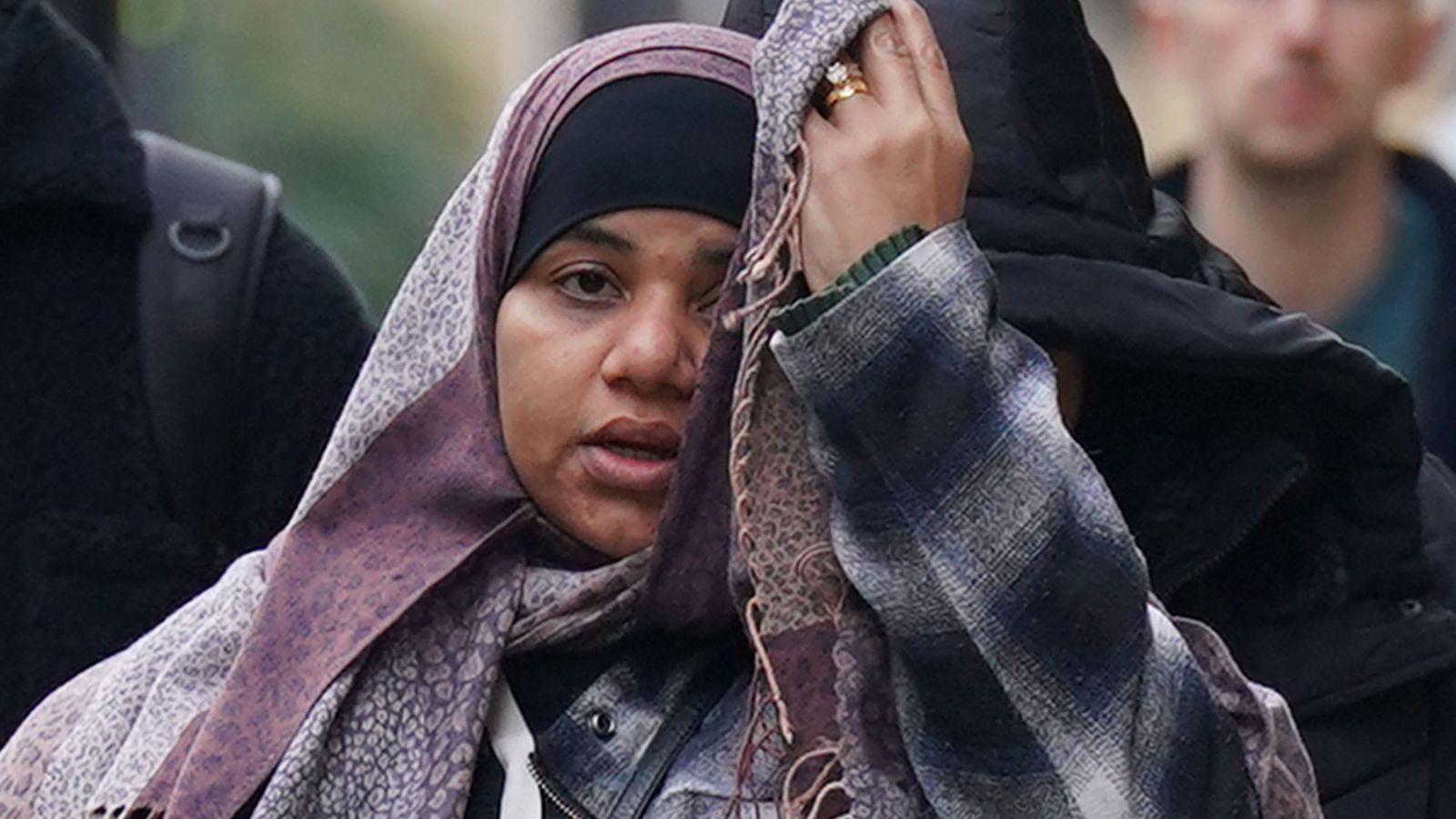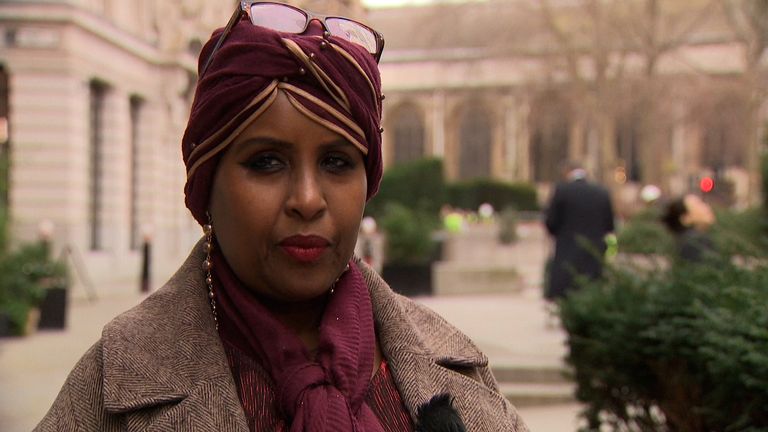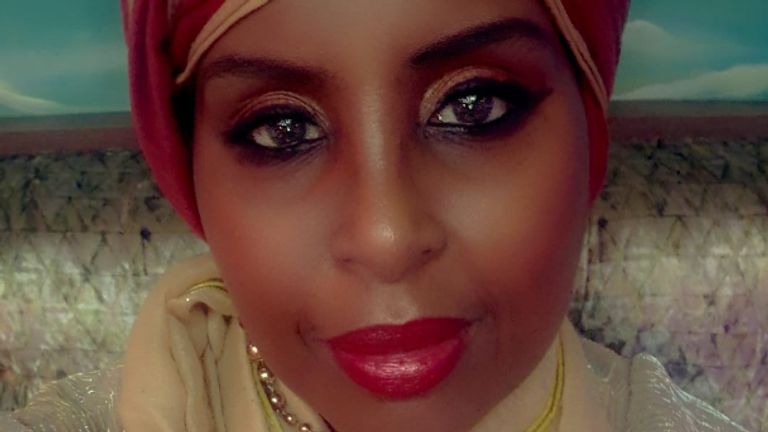Amina Noor jailed for handing over British girl in Kenya for female genital mutilation


A woman has been jailed for seven years for helping a person carry out female genital mutilation (FGM) on a three-year-old British girl during a trip to Kenya.
Amina Noor, 40, from Harrow, was sentenced at the Old Bailey in the first conviction of its kind.
The judge called the offence “abhorrent” and “horrific”.
Noor took the child – then aged three – to Kenya in 2006, where she had her entire clitoris removed. This is called Type 1 FGM.
The victim, who is now 21, cannot be identified for legal reasons.
She was 16 years old when she confided in her English teacher at school, who then told police.
FGM is the procedure where a female’s genitals are intentionally cut, injured or changed without having a medical reason, according to the NHS.
It is often carried out on young girls between infancy and 15, before puberty starts.
It’s also known as female circumcision; it is very painful and can cause serious harm.
In the UK, FGM is illegal and considered child abuse.
There are four main types of FGM that can involve removing parts of the genitals, to completely sealing parts off.
Women and girls who have had FGM can suffer long-term problems with sex, childbirth and mental health.
Effects can include constant pain, problems urinating and infections which can lead to infertility.
FGM often happens forcibly and takes place without the person’s consent.
There are various reasons why a female may undergo FGM, such as cultural, religious and social factors.
Some families and communities believe it will benefit a girl in some way – from preparation for marriage to preserving her virginity – but there’s no medical reason for it.
Somali-born Noor was convicted in October.
Noor said at trial she feared being “disowned and cursed” by community members if she did not take part in the ritualised cutting – which is almost like a rite of passage into womanhood for many cultures.
The defendant described what had been done as “sunnah”, meaning “prophetic tradition” in Arabic, and claimed it was a historic, cultural and religious practice.
Noor also had a form of FGM performed on her as a child.
‘A life-long trauma’
For FGM survivor turned activist, Hibo Wardere, the practice is nothing short of child abuse.
Like Noor and the victim, she was also cut as a child – when she was six years old.
Please use Chrome browser for a more accessible video player
1:55
FGM survivor Hibo shares her own experience
Now 54, she is helping other FGM victims as the full-time educational lead for the charity Educate, Not Mutilate.
Ms Wardere told Sky News: “FGM is a very hidden, closely kept secret.
“It’s sad women feel duty towards their culture… Amina Noor was wrong to do it. It is utterly wrong.
“FGM is a life-long trauma,” she said.
“It takes more than 10 minutes to urinate. Infection is rife. Intimacy is horrific. It impacts having a child. A one-hour procedure can have repercussions for life.”

Noor is the first person to be found guilty of taking someone to another country for FGM.
She is also only the second in the UK to be convicted under the FGM Act.
The other successful prosecution was in 2019 when a Ugandan woman from Walthamstow, east London, was jailed for 11 years for cutting a three-year-old girl.
The Metropolitan Police said they now hoped more victims would come forward and that it would deter those considering FGM.
“We know FGM can be a taboo subject, which is rarely discussed within families and communities,” said Detective Superintendent Andy Furphy.
“We must build trust with those impacted so we can protect victims. It’s not our job to judge and we will always remain sensitive and respectful.”